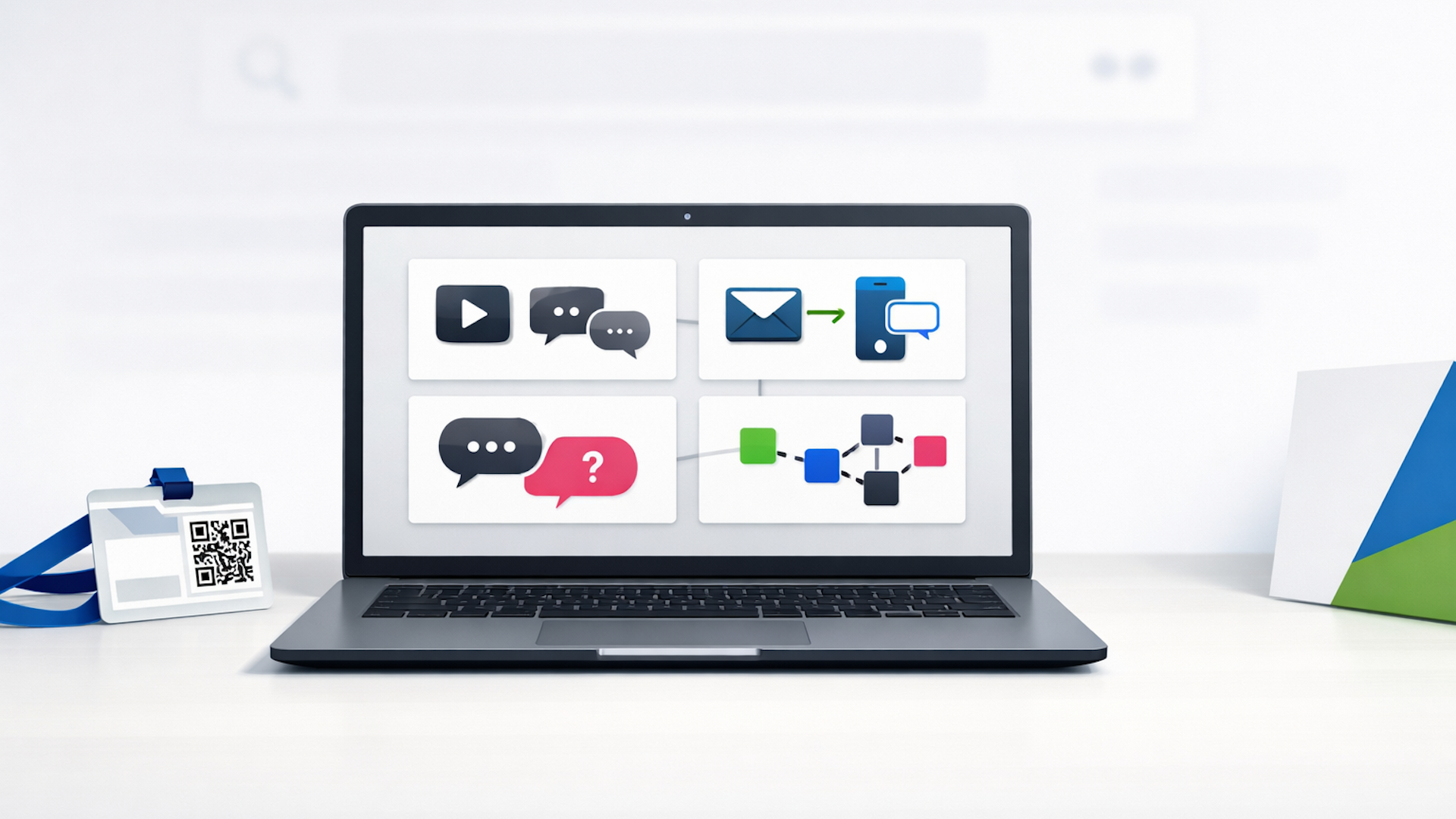Facebook Ads boycott: What will be the measure of success?
Claiming the advertiser boycott as a success or failure won't likely be clear cut.
The list of advertisers keeps growing — 500 and counting, according to Sleeping Giants. Much has been written about whether the advertiser boycott of Facebook Ads that kicked off today will amount to anything. It may depend on your expectations.
Most brands want to see action to create a cleaner, safer environment for their brands. Some can take part with little financial sacrifice and ride the positive PR at Facebook’s expense. Still, other brands are using the opportunity to pressure test the true benefit of Facebook, and even the larger social media ecosystem, for their brands.
Invisible to most users. From a user perspective, the boycott is essentially invisible. Unlike #BlackOutTuesday, for example, when my feeds were filled with black squares, today they look unchanged. There are plenty of ads from small and large brands alike. But, consumer engagement isn’t the point.
Nor is “killing Facebook,” as some have put it, the goal.
Financial impact. The boycott, spearheaded by civil rights groups, aimed to get CEO Mark Zuckerberg’s attention by hitting him in his wallet. The financial damage, for now, appears fleeting.
After precipitous drops Friday, June 26 and Monday, June 29 that wiped out roughly $60 billion in market value, Facebook’s stock is nearly back at pre-boycott-headline levels as of this writing. Further, while Facebook stands to lose several hundred million dollars in ad spend from brands, the relative loss in ad revenue from Starbucks, Verizon, Unilever, Clorox, Pepsi and others likely won’t be visible come earnings report time with data further muddied by COVID-19 fallout.
Facebook has more than 7 million advertisers, most of whom are small businesses that are heavily dependent on Facebook and Instagram for sales and leads. Last year, Facebook said its top 100 advertisers represented less than 20% of its ad revenue.
But again, the point is to get Zuckerberg’s attention and force his hand to take stronger action against hate content and misinformation on his platforms. It got his attention, but the verdict is still out on the action.
Company response so far. Facebook has been holding daily calls with ad executives, The New York Times reported Tuesday. The company is on the PR offensive. It has made some small, latecomer moves.
On Friday, Zuckerberg said Facebook would start flagging “newsworthy” posts from politicians that violate its policies, as Twitter does, and later added that it will submit to an audit of its hate speech controls. On Tuesday, Facebook said it was banning a hate group network associated with the “boogaloo” movement while acknowledging it’s been “closely following [the movement’s] developments since 2019.” The company also said this week that it is changing its algorithm to prioritize bylined, original news reporting — something Google did in September.
On Wednesday, Facebook’s PR lead, Nick Clegg published a defense of the company’s decision to keep inflammatory posts from President Trump up, saying “Facebook does not profit from hate” and announced an initiative to register 4 million voters in the U.S.
The civil rights groups behind the boycott, including the Anti-Defamation League, NAACP and Color of Change, have listed 10 demands of Facebook, including refunds to advertisers when their ads appear next to content that was later removed for TOS violations.
Longer-term impact on media plans? A lot of small businesses don’t have the resources or incentive to diversify beyond Facebook Ads. As long as it remains a significant revenue driver, they’ll stick with it. However, while the immediate financial damage by big brands to Facebook may be short-lived, the company is surely thinking about the potential longer-term impact of marketers sitting on the sidelines. What if after a month — or more — these brands don’t miss Facebook?
Many are taking this moment to rethink their broader digital media strategies. Starbucks is stopping ads on all social media through the end of the year. Will duopoly-dominated media plans start to look different after this experiment?
“CMO’s are leaning into their agency relationships and their own teams to propose alternatives from not just Facebook, but from all of social and even Google,” said Ken Harlan, founder ad CEO of ad tech company MobileFuse. “Many brands are starting to realize they should demand more from their agencies, work with more vendors, and have a diversified strategy for reaching their consumers. Historically, most strategies relied on Google and social media. I predict brands and agencies will utilize many more digital ad solutions that still have large scale, but are safer, all while continuing to produce results. These solutions include advertising within apps, DOOH, and CTV. “
“Even after the social networks make positive changes, brands will still want a diversified strategy going forward,” expects Harlan.
Related reading:
Contributing authors are invited to create content for Search Engine Land and are chosen for their expertise and contribution to the search community. Our contributors work under the oversight of the editorial staff and contributions are checked for quality and relevance to our readers. Search Engine Land is owned by Semrush. Contributor was not asked to make any direct or indirect mentions of Semrush. The opinions they express are their own.


